By
Michael Organ
80 free events over 6 days
UCL’s, (University College London), Festival of Culture returns this year with a programme set to showcase the rich diversity of world-class research led by staff and students in the Faculties of Arts & Humanities and Social & Historical Sciences.
From Monday 5th June to Saturday 10th June, the Festival will showcase some of UCL’s award-winning research encompassed in over 80 free events with such enticing titles as ‘Trump in the Age of Captain America / Captain America in the Age of Trump’, ‘Maternity in the Age of Shakespeare’, ‘The Muslim Veil’, ‘Women and the Miners’ Strike’, ‘The 400 Year Old Shopping List’, ‘1984: Live’, ‘Art and Vulnerability: Brexit, Migration and Queer’ and many more.
Below are further details on some of the free events the Festival offers, all of which can be booked by clicking on the individual link or at the Festival’s website where all 80+ events are listed.
Globalisation has led to an increase in cross-border mobility and intercultural contact. This event will look at how young people have responded to these changes, drawing on two recent research projects with young people in Britain. Dr Avril Keating will look at young people’s attitudes towards, and aspirations after, Brexit: to what extent is Brexit disrupting their future plans for mobility and their attitudes towards cultural Others? Professor Carol Vincent and Dr Humera Iqbal will then discuss friendship-making in highly-diverse schools in London: how do adults and children living in these contexts make, maintain, or avoid friendships with those who are in a different social class or ethnic group to themselves?
Greenlandic: Language of the Artic
This session will introduce you to the Greenlandic language- the only Eskimo language of Europe. The session will begin with an introduction to the language’s fascinating history. It will then give you a taste of the intriguing grammatical structure of Greenlandic, which is a polysynthetic language, meaning that a single word can be the equivalent of an entire sentence in other languages. The session will end with an introduction to Greenlandic vocabulary, including an illustration of ways to create new words for modern technology, e.g. qarasaasiaq ‘computer’, which literally means ‘artificial brain’.
Women and Love under Communism: Swallowing Mercury
Published to critical acclaim in early 2017 and longlisted for the Man Booker International Prize, Wioletta Greg’s Swallowing Mercury is an extraordinary coming-of-age novel which reveals the secrets and superstitions of a quiet village in communist Poland. Hear the author read excerpts from her book, and join a discussion of its themes, including women, love and writing about sex in Polish contemporary literature.
The idea and practice of Fundamental British Values (FBVs) has generated much discussion. Advocates see FBVs as a way to consolidate national identity and to ensure shared values for a culturally diverse society. Critics point to their arbitrary nature, top-down enforcement, harmful effects on other cherished values and their association with the securitization aims of the state as major weaknesses. The members of this panel have in-depth research and field experience of how schools are dealing with FBVs. They will lead a timely and important discussion on the impact of FBVs and possible future directions and policy options.
The Politics of Debates on Gender
Gender, feminism and LGBT movements became established concepts in Poland following the fall of Communism, and the country’s integration into western Europe. But in summer 2013, a Polish church official declared that “the ideology of gender presents a threat worse than Nazism and Communism combined.” This statement and subsequent controversy were sparked by the introduction of ‘gender workshops’ in pro-equality nurseries and schools. A letter which stated that the concept of gender was “deeply destructive” to “the person, inter-human relations and all social life,” was issued by Polish bishops in December 2013.
A panel from the UCL German Department will present major cities in the German-speaking world from surprising angles and in engaging forms. We will compare past and present-day culture, acquainting you with real and imagined features of distinctive city identities. You’ll see, hear, taste and participate in metropolitan life with German flavours, sometimes seasoned with London coatings. An element of competition between panellists representing their cities, plenty of audience participation and an integral question-and-answer section will make this a capital event!
Art and Vulnerability: Brexit, Migration and Queer
Katarzyna Perlak is a London-based Polish mixed media artist and philosopher whose work incorporates photography, video, text and spatial practice. Her work considers how historical moments are archived, particularly in relation to women, migrants and queer histories. Her 2017 artwork, ‘Vulnarable’, is a recording of 30 exchanges between the artist and participants who tell her how to pronounce the word “vulnerable” properly. As the artist explains: “The work reflects upon the relationship between language, power structures, social mobility and vulnerability.” Join this event to discuss the project, and to consider the artistic representation of contemporary politics relating to Brexit, migration and queer identities.
Join us for a live, start-to-finish reading of Nineteen Eighty-Four in Senate House, the inspiration for the novel’s Ministry of Truth featuring prominent thinkers, actors, writers and politicians as well as members of the public and young people The unique event, which has never before been staged in the UK, will be directed by Hannah Price and live-streamed online.
Today, we are constantly under threat from outbreaks of epidemic disease, most recently Ebola and Zika virus. But, how did medieval people respond to disease, and what was medieval plague all about? And why does it matter how people reacted to epidemics in the past? In this session, we’ll explore medieval plague, starting with the Black Death of 1348. We’ll be using written and visual sources from medieval Italy to help us understand how people at the time reacted to the disease.
Zugunruhe: Exploring Migration Experiences through Sound
Zugunruhe is an intimate, solo walking exploration of migration, through song. Migration is essential to the evolution of life; yet this is ignored within contemporary political/ media discourses on refugees. Come to UCL’s Grant Museum of Zoology and begin a 45-minute sound-journey across African and Middle-Eastern migration routes, without leaving Bloomsbury. Zugunruhe is composed of Eritrean, Egyptian, Iranian and Sudanese songs shared by residents of the Calais ‘Jungle’, interwoven with calls from globally migrating birds.
Constructing Gender in AI: The New Femininities
The woman-machine association has long been a part of cinematographic discourse: since Maria in Metropolis (Fritz Lang, 1929), a fascinating evolution of the artificially-created female can be traced to the present day. In the past few years, we have witnessed the renaissance of this character in films which offer interesting conceptualisations of what femininity stands for. This session will screen Ex Machina (Alex Garland, 2015) and Her (Spike Jonze, 2013), titles which straightforwardly draw our attention to this problematic liaison.
I, Olga Hepnarova: film screening
This event is a screening of I, Olga Hepnarova, the controversial, critically-acclaimed 2016 biopic of the last woman to be sentenced to death in Czechoslovakia. Portraying the short life of a troubled young woman, I, Olga Hepnarova is a stark and studies depiction of mental illness, and offers a footnote to our contemporaneity. Where are the limits of humanity and understanding? Dr Anna Taszycka will present commentary on the film.
Bloomsbury’s Forgotten Slave Owners: Film
Colonial slavery helped shape the world we live in today. Even in Bloomsbury, so deeply associated with progress in science and culture, there are connections in almost every street to slave-owners of the British Caribbean or to the enslaved people whose labour contributed to the formation of modern Britain. In this session, the Legacies of British Slave-ownership project, based in the Department of History, will present excerpts from the BAFTA-winning documentary series, Britain’s Forgotten Slave-owners.
Maternity in the Age of Shakespeare
A number of arresting British portraits from the 16th and early 17th centuries depict their female subjects as visibly pregnant. This session will present these striking images alongside literary depictions of pregnancy by Shakespeare and others, as well as medical writings on pregnancy and motherhood from the period. Surprising differences will be revealed between the understanding of maternity in Shakespeare’s time and our own.
Metamorphosis: Monsters, Beasts and Humans
What is human? What is animal, and what is monstrous? We show how ideas about what makes humans, monsters or beasts change through history, shifting their limits and making us wonder: what is human? What is not? Where are the borderlines of humanity, and what inhabits its borderlands?
Martin Luther: Catholic Dissident
On the eve of All Saints Day (31 October) 1517, it is believed that German professor Dr Martin Luther nailed 95 theses to the door of a church in Wittenberg. The Theses criticised the Church and the papacy for its abuse of power, and disputed the Catholic view that freedom from God’s punishment for sin could be purchased with money. Luther’s writing and action in 1517 are widely acknowledged to have triggered the Protestant Reformation. A recently published new biography, Martin Luther: Catholic Dissident, marks this year’s 500th anniversary of the Reformation. Join the biography’s acclaimed author, Peter Stanford, and Professor Ben Kaplan (UCL History) to discuss the book, and to consider Martin Luther’s extraordinary impact on western civilisation.
Dance Histories in Francophone West Africa
Senegal and other parts of Francophone West Africa are known for their vibrant musical and dance scenes, and the region has produced some of the most successful artists in global performing circuits. But there is much more to this phenomenon than the existence of rich performing traditions in the region. This session will look at how the professional dance and music scenes in Francophone West Africa have emerged from the creativity and transnational activism of West African elites and youths from the 1930s onwards. It will also touch on the role of dance and music in anti-colonial movements in Senegal and Guinea, and later in postcolonial activism.Read more and book your place.
World Film Collective: How Mobile Movies are Changing the World
World Film Collective was registered as a UK non-profit organisation in 2008, with a goal to give underrepresented youth in society a voice through the means of film. It had operational bases in Rio de Janeiro, Cape Town, South Africa, Palestine, London and The West Bank for over seven years. The organisation has recently transitioned into an online resource for grassroots filmmakers around the world. This event invites you to view a selection of films which show how film can be used to tackle societal and global challenges.
Trump in the Age of Captain America / Captain America in the Age of Trump
Nearly six months into Donald Trump’s presidency, Professor Jason Dittmer will trace the outlines of Trump’s populism, power, and pugnacious foreign policy in the pages of Captain America comics. The superhero provides a narrative of American power from which President Trump draws in his own political performance, while simultaneously offering a visual language of critique around which resistance can coalesce. The second part of the lecture turns to the fragmentation of any clear idea of American values within the pages of Captain America over the last 15 years, presaging the rise of the Twitter president.
Festival Book Club: On The Road
Jack Kerouac’s quintessentially American novel about the youthful desire for adventure was published in 1957. On The Road is emblematic of the Beat Generation: a bold, expressive and bohemian new literary and cultural movement which rejected capitalism and the perceived prudery of post-war American society. Sal Paradise, Kerouac’s alter-ego, is a young writer who decides to travel America in search of inspiration for his novels. Join us to discuss this iconic novel’s representation of adventure, passionate friendship and the search for revelation.
The miners’ strike of 1984–5 was able to continue for as long as it did because of a support network run by women in mining communities. They fundraised, fed miners and their families, went on picket lines and spoke in support of the strike. Find out about their politics, and their interactions with feminist supporters. Dr Florence Sutcliffe-Braithwaite is a historian of twentieth century Britain. Her PhD examined political and popular ideas about class in England between c. 1969 and 2000.
Earlier this year, airport staff in Rome were filmed telling a Muslim woman that she would not be permitted to board her flight to London unless she removed her hijab. The ensuing debate was one of many recent examples of how the Muslim veil has been politicised: a screen onto which Europe’s anxieties and political struggles are being projected. This session will consider the history and significance of the Muslim veil, and its perception as a visible, public marker that can be mobilised to emphasise various political and social agendas.
The 400 Year Old Shopping List
In January 2017, archaeologists discovered a 400-year-old shopping list under the floorboards of a historic Tudor mansion in Kent. The shopping list and two other letters, dating from the first half of the 17th century, were discovered at the National Trust-owned Knole House in Sevenoaks, during its current £19.8 million restoration project. Jan Cutajar, a doctoral student at UCL Institute of Archaeology, was at the property working as an intern at the time, and was involved in the cleaning and conservation of the documents.
Oslo, August 31st premiered at the 2011 Cannes Festival, and won prizes for Best Film and Best Cinematography at the 2011 Stockholm International Film Festival. It was shortlisted for submission to the 84th Academy Awards for Best Foreign Language Film. Pulitzer Prize winning film critic Roger Ebert described it as “quietly, profoundly, one of the most observant and sympathetic films I’ve seen.”
This event, coordinated by UCL’s Lesbian, Gay, Bisexual, Transgender and Queer Equalities and Advisory Group (LEAG) seeks to celebrate the achievements of the equality agenda since 1967, but also to consider the challenges facing LGBT people and women in 2017.
Record of War: Film, History and the Art School
This unique event offers a reconstruction of a seminal London Film Society programme of 1937. The original event was restaged in 1969 by Thorold Dickinson, Britain’s first professor of film (at UCL’s Slade School of Fine Art), and the future director of Gaslight. It ‘dovetailed’ alternate reels from Italian and Soviet films of the recent Fascist conquest of Abyssinia. Titled ‘Record of War’, the original screening was a ground-breaking attempt to deconstruct official ‘alternative facts’ through the direct material confrontation of two radically opposed perspectives on the same events: one a glorification of militarism, one documenting atrocities which the other left out. ‘Our fashionable Sunday audience,’ Dickinson recalled, ‘with their broad brims and capes and a capacity for chatter, drifted out into Regent Street in dead, awed silence.’
Black Shirts, the 18b Testimony of Flora Poole, Spinner
“Silk pyjamas. That’s what this feels like to me, Charlie. Something likes of you and me were never meant to have. Look at this place! But here we are”.
UCL Urban Laboratory presents a rehearsed reading of a new play by award-winning playwright Nicola Baldwin, followed by a panel discussion and reception. Inspired by testimony of women detained under emergency regulations during the Second World War, Black Shirts explores the participation of women and young people in 1930s far-right politics.
The UCL Festival of Culture 2017 runs from Monday 5th June to Saturday 10th June with over 80 free events to attend, all of which can be booked at the Festival’s website.
Michael Organ
Managing Editor and Publisher, Tuck Magazine


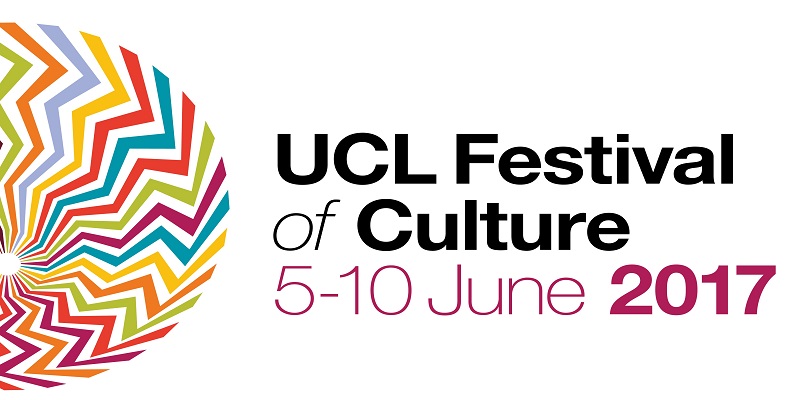
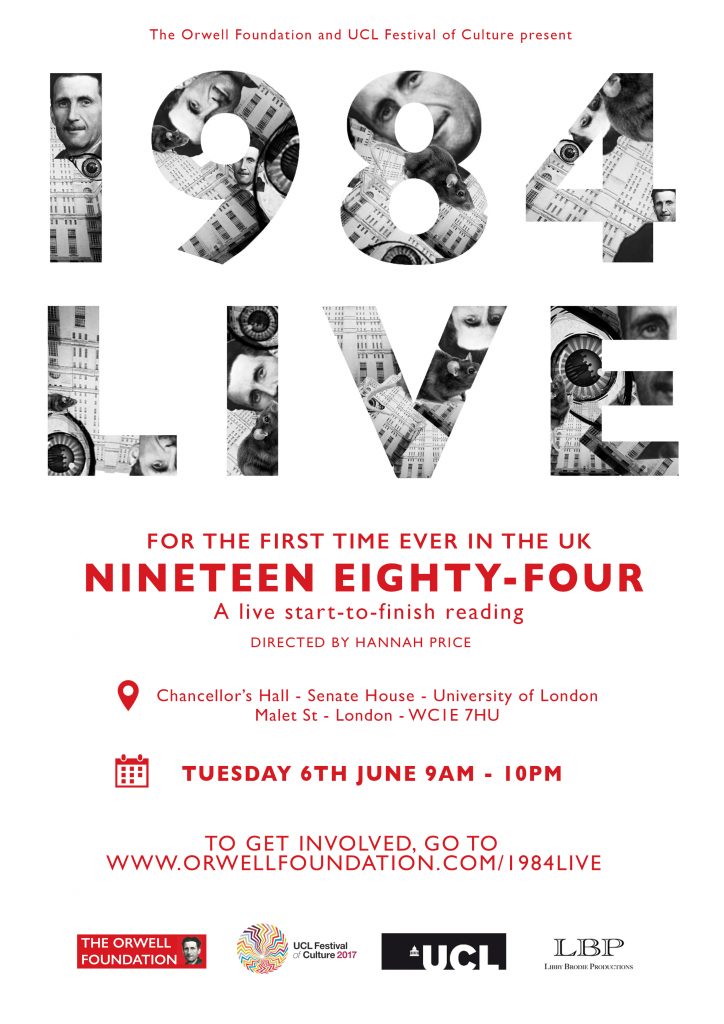
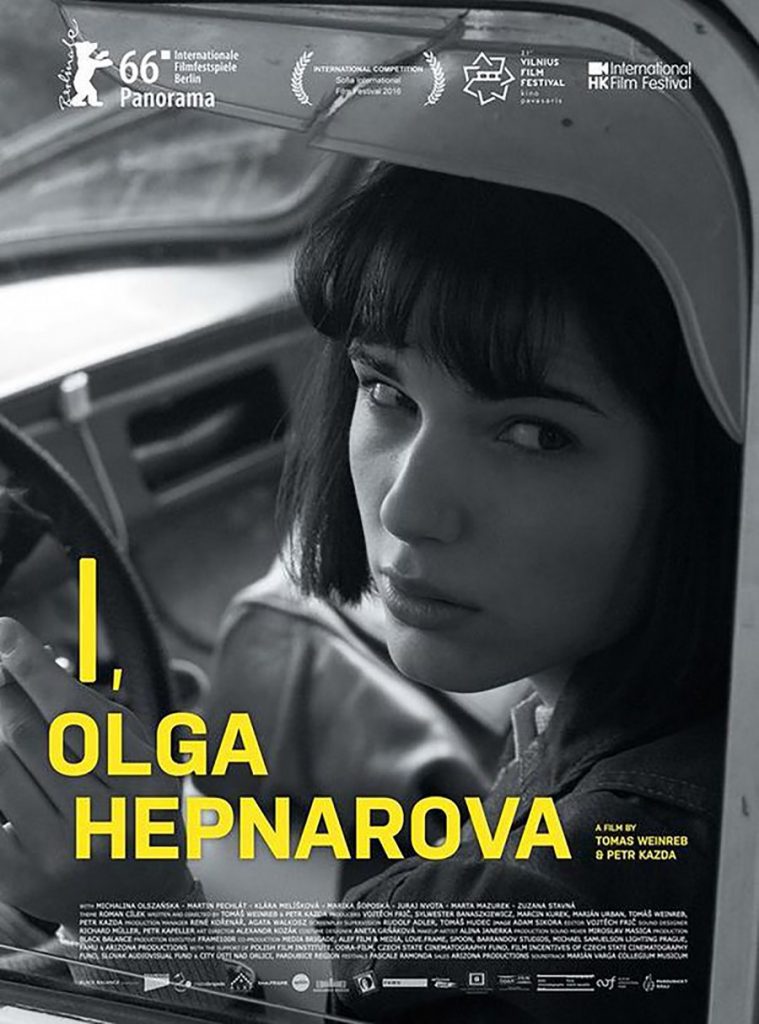
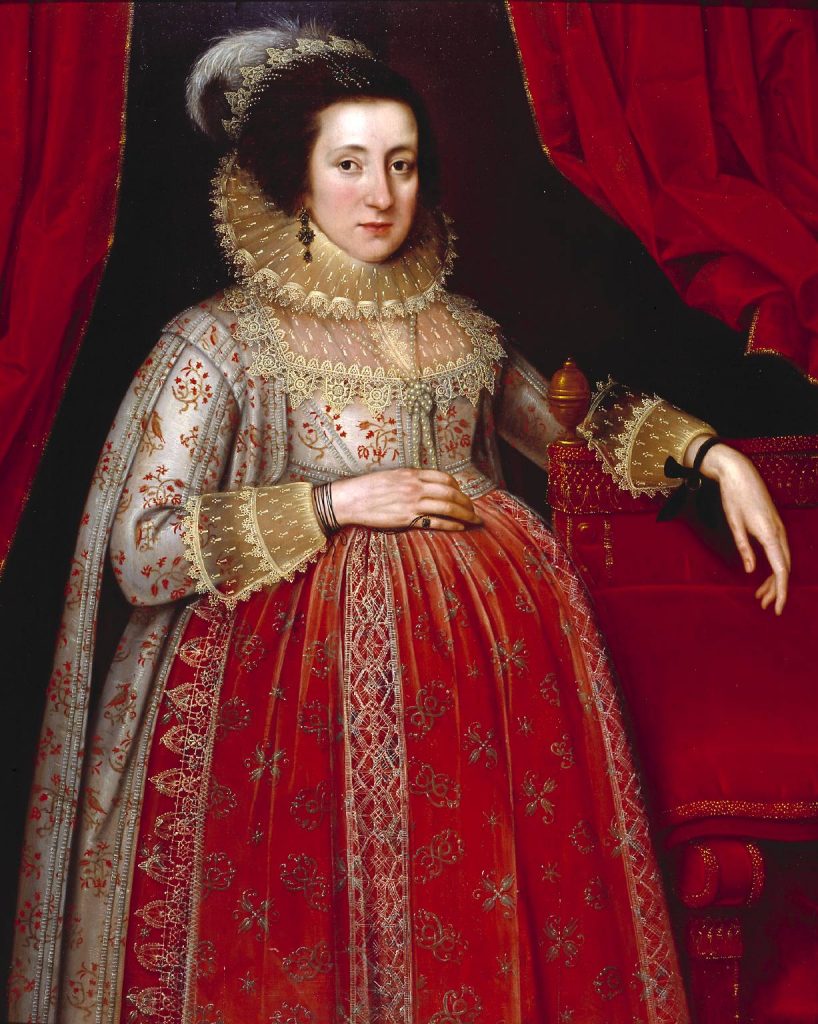
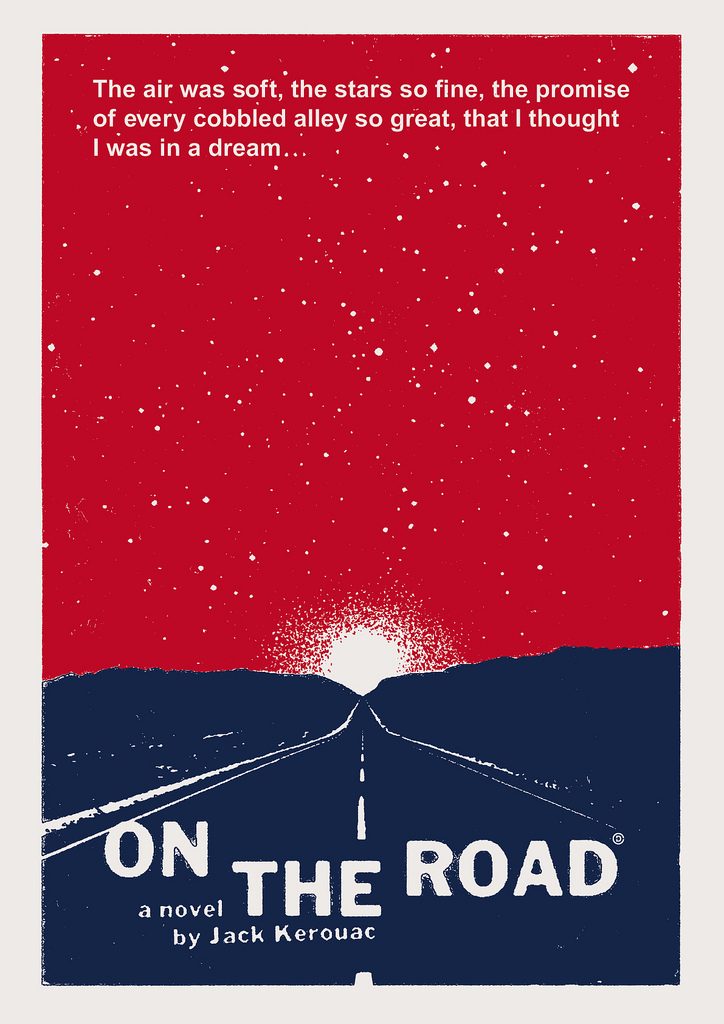
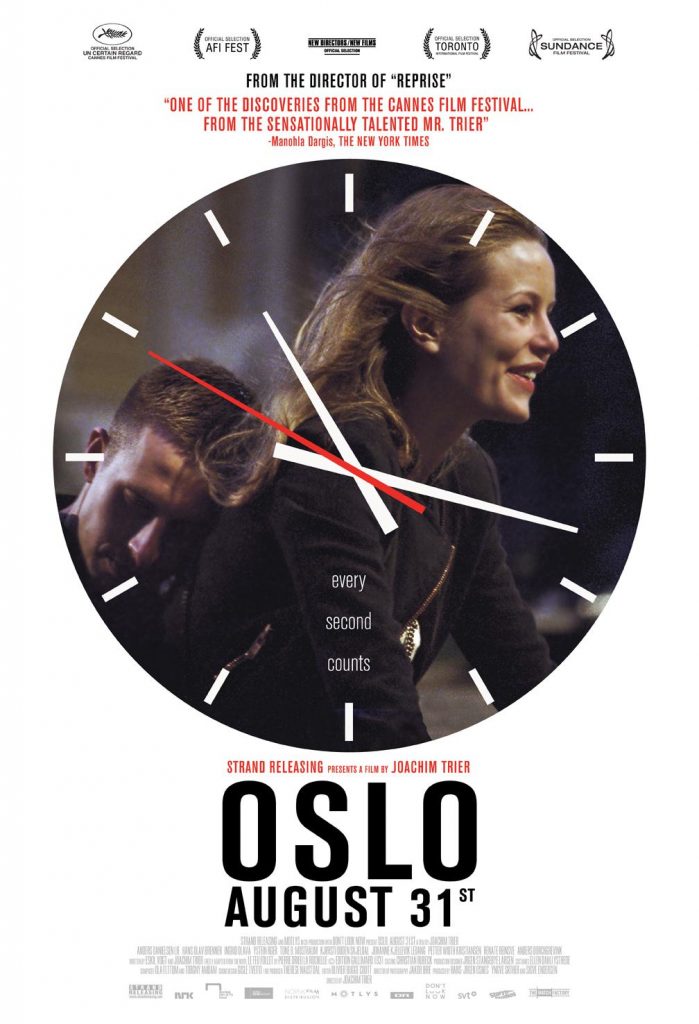

No Comments Yet!
You can be first to comment this post!